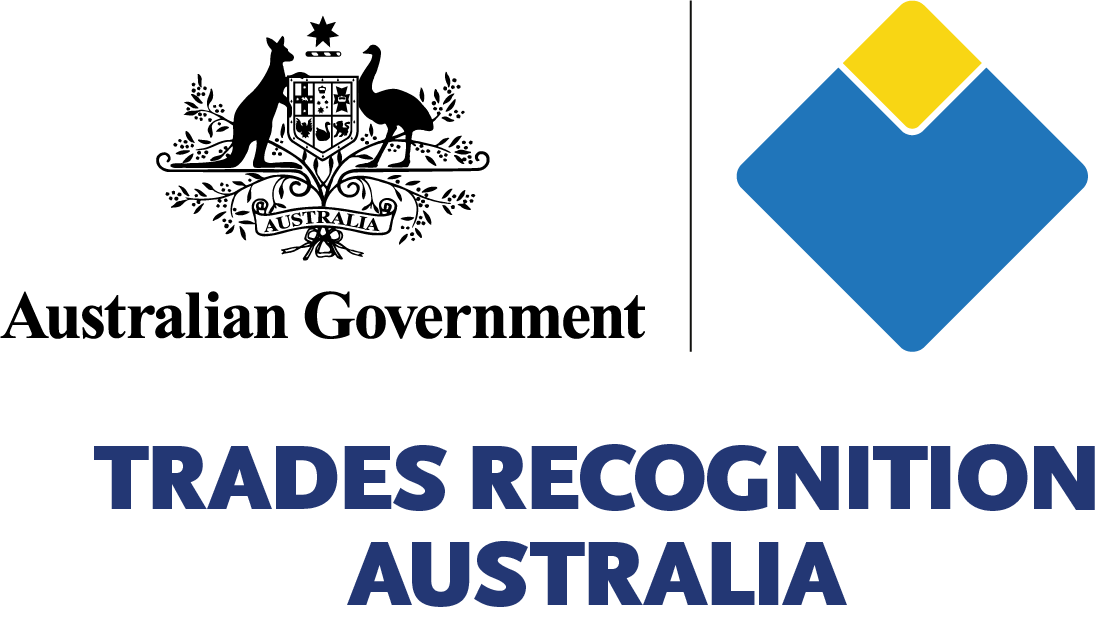Minister defends benefits of immigration ahead of planned changes to skilled intake
The Morrison government is flagging a change to skilled migration to maximise the gains for employers and the economy, as it claims a long-term boost worth $9.7 billion from the arrival of new migrants every year.
Immigration Minister David Coleman will make the case for strong migration in a major speech on Friday that signals the government’s reform plan while defending the annual intake against critics who want radical cuts.
The policy speech puts Australians on notice to expect extensive changes to the regional migration program as well as a preference for skilled workers who are sponsored by employers rather than those who seek to arrive on their own.
Mr Coleman will also caution against demands for cuts to more than 500,000 overseas students now studying in Australia, noting the education sector now earns four times as much export revenue as beef.
“Our nation’s history is one of immigration, and we should be proud of it,” Mr Coleman says in a draft of the speech to be made on Friday.
“Every town, every suburb, every sporting club, every church in our nation has immigration success stories. We should celebrate these successes.”
The remarks are a contrast with the calls for lower migration from Home Affairs Minister Peter Dutton before the August leadership spill that installed Scott Morrison as Prime Minister and led to a cabinet reshuffle in which Mr Coleman gained key parts of Mr Dutton’s portfolio.
“There is no question that our economy would be weaker, and our living standards lower, if we had not embraced immigration,” Mr Coleman says in the speech to the Migration Institute of Australia.
Australia gains a “net fiscal benefit” worth $9.7 billion over five decades from the migrant intake in just one year, according to a Deloitte Access Economics analysis of the 2014-15 cohort.
“By adding workers, migration offsets the impacts of an aging population and helps enable us to pay for the essential services we all need,” Mr Coleman says.
“Not all elements of the skilled programme are equal. The best results in the programme come from employer-sponsored applicants.
“There is an opportunity to increase the focus here, leading to direct and substantial economic benefits.”
The comments prepare the ground for changes to favour those who are sponsored by employers because they add more to the economy.
As well, Mr Coleman emphasises the advantage of encouraging younger migrants because taxpayers have to cover the cost of those who are closer to retirement age.
“The best economic results generally come from migrants who are skilled and young. Our policies should reflect that fact,” he says.
On foreign students, Mr Coleman notes that education services generated $30 billion in export revenue last year, four times as much as beef and five times as much as wheat.
Opposition Leader Bill Shorten has warned about the 1.6 million visitors to Australia with work rights, a group that includes students, and Labor employment spokesman Brendan O’Connor has raised the idea of a cap on the program.
Mr Coleman says that over 230,000 international visitors came to Australia to visit an international student last year, spending $994 million.
“Around 56,000 international visitors came to Australia to attend an overseas student graduation in 2014, contributing $208 million to the economy,” he says.
“Students support high skill, high wage jobs in the education sector – a big positive for our economy.”

